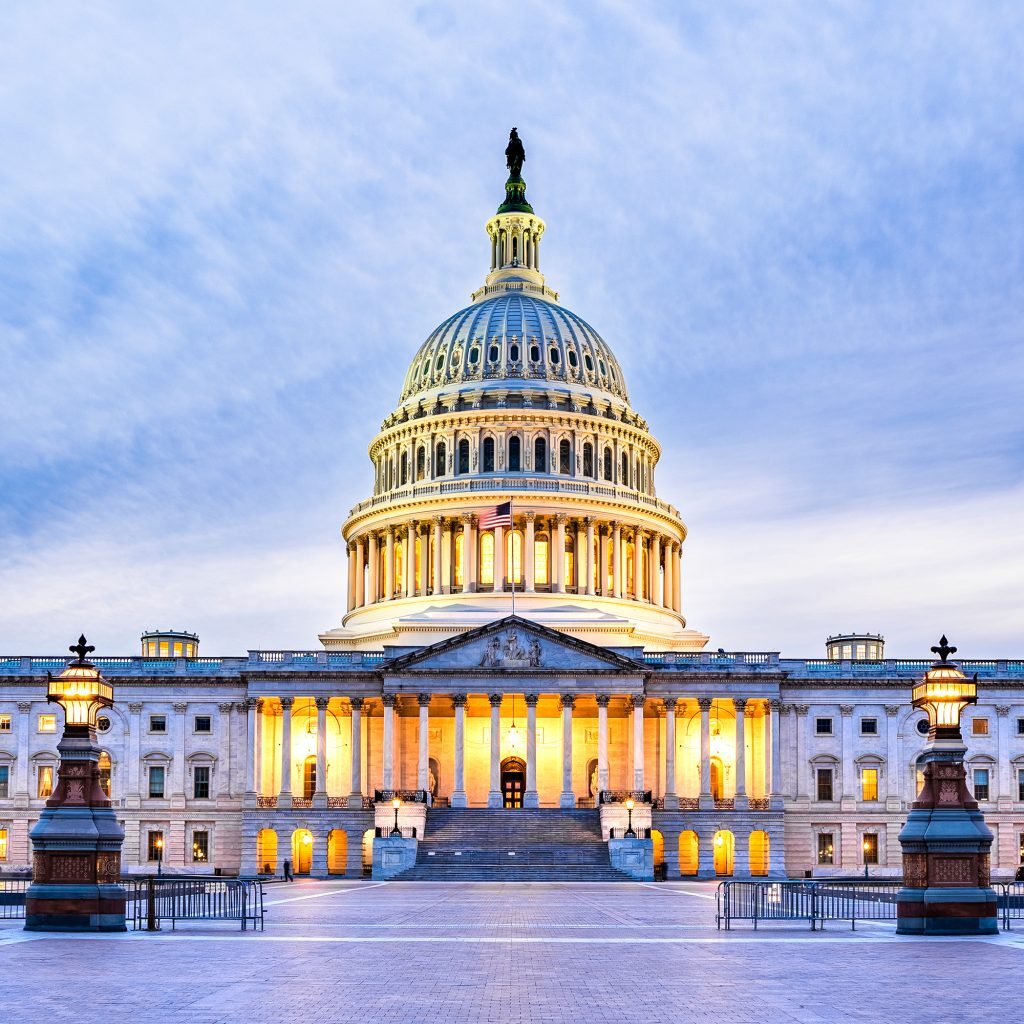Services
Litigation
Ifrah Law’s litigation practice focuses on the representation of companies operating at the intersection of business and the cutting edge of online and mobile technology, whom we defend against government claims and investigations, and in complex commercial disputes.
A trusted business advisor to emerging industry clients conducting business online or through mobile technology, the firm represents companies and their senior executives in criminal and civil matters throughout the United States. As the government expands the scope of statutes like RICO, The Computer Fraud and Abuse Act, and The Money Laundering Control Act in its investigations and prosecutions and ramps up enforcement actions by the Securities & Exchange Commission (SEC), Department of Justice (DOJ) and other agencies, white collar defendants face higher monetary penalties and added jail time. Clients turn to the White Collar Defense Lawyers at Ifrah Law to defend their products and practices, and, wherever possible, negotiate positive settlements which allow them to pursue their innovative lines of business and resume their lives.
Founder Jeff Ifrah is a frequent speaker, author, and commentator on white-collar crime issues and the co-author of the book “Federal Sentencing for Business Crimes,” the only complete treatise on the topic. Since 2011, he has been continuously recognized by Chambers & Partners as a leader in the field of White Collar Crime & Government Investigations. Partner James (“Jim”) Trusty has 27 years of experience as a prosecutor in complex, multi-district white-collar litigation, especially in matters involving RICO, computer fraud, and money laundering; he served in the U.S. Department of Justice’s Criminal Division for seven years, most recently as Chief of the agency’s Organized Crime and Gang Section and has been seen frequently on networks like Fox News and CNN, providing on-air commentary and legal analysis of high-profile government investigations. The team includes a former Chief of the Organized Crime and Gang Section at the Department of Justice, a former assistant U.S. Attorney, and a former special assistant U.S. Attorney; their collective experience includes the litigation and resolution of disputes across a broad array of industries on issues ranging from cybersecurity and computer fraud to money laundering and asset forfeiture.
We resolve disputes of varying types, in a variety of forums, and across a range of industries.
Kinds of Disputes
Business Litigation
We have successfully represented clients in commercial litigation matters on issues ranging from breach of contract, copyright and trademark, data security and cybersecurity, employment law and licensing, corporate governance disputes, commercial fraud, and alter ego. The firm has tried federal cases across key federal agencies as well as numerous U.S. Attorney’s Offices, District Attorney’s Offices, and state regulatory agencies throughout the country.
Federal Agency Litigation
Ifrah Law has a strong record defending against claims by the Securities & Exchange Commission (SEC), the Federal Trade Commission (FTC), the Food & Drug Administration (FDA), the Commodities Futures Trading Commission (CFTC), and the Consumer Financial Protection Bureau(CFPB).
Class Action Defense
Ifrah Law defends clients in industries like gaming, payment processing, financial services, and mobile telecommunications when a class of shareholders or consumers alleges that it has been defrauded through regulatory or statutory noncompliance. In the securities area, we represent directors, officers, and corporations in class actions challenging corporate actions based on federal and state law, including claims arising from criminal investigations, regulatory investigations, and corporate transactions. We have also represented domestic and international companies facing claims under The Racketeer Influenced and Corrupt Organizations Act (RICO), The Telephone Consumer Protection Act (TCPA), and The Fair Labor Standards Act (FLSA), in addition to tax, privacy, and employment statutes.
Industries
Data Privacy & Cybersecurity
Ifrah Law litigates privacy matters dealing with issues of data and information; the firm represents businesses and individuals on information storage and rights of retrieval, including data breaches, FTC data privacy obligations, including children’s privacy protection online through Children’s Online Privacy Protection Act (COPPA).
Payment Processing & Finance
Ifrah Law represents businesses and individuals in payment processing relationships, including merchants in disputes with payment processors, ISOs and acquiring banks, MATCH and Terminated Merchant File listings, and payment processing agreements. The firm has gained a strong track record for trying and winning cases across venues and for successfully concluding matters with private litigants, the Department of Justice, the CFPB, the FTC, the SEC, and the CFTC.
Internet Advertising & Marketing
Ifrah Law represents online advertisers, affiliate networks, publishers, advertising agencies, payment processors, and other marketing solution providers in state and federal investigations, enforcement actions, private litigation instituted by self-regulatory agencies, consumer class actions, contract negotiations, and compliance matters regarding all legal facets of internet and mobile marketing, eCommerce, telemarketing, electronic payment processing, and interactive gaming.
Cryptocurrency & Blockchain
Ever since the debut of Bitcoin, Ifrah Law has been at the forefront of the cryptocurrency movement, counseling companies on the best ways to utilize the digital revolution of blockchain in their own business models. Representing pioneers in the interactive entertainment and financial services industries, the firm has deep experience shaping programs for companies to enhance their products and their bottom line while staying within the bounds of the still-evolving regulatory landscape.
Related Services





